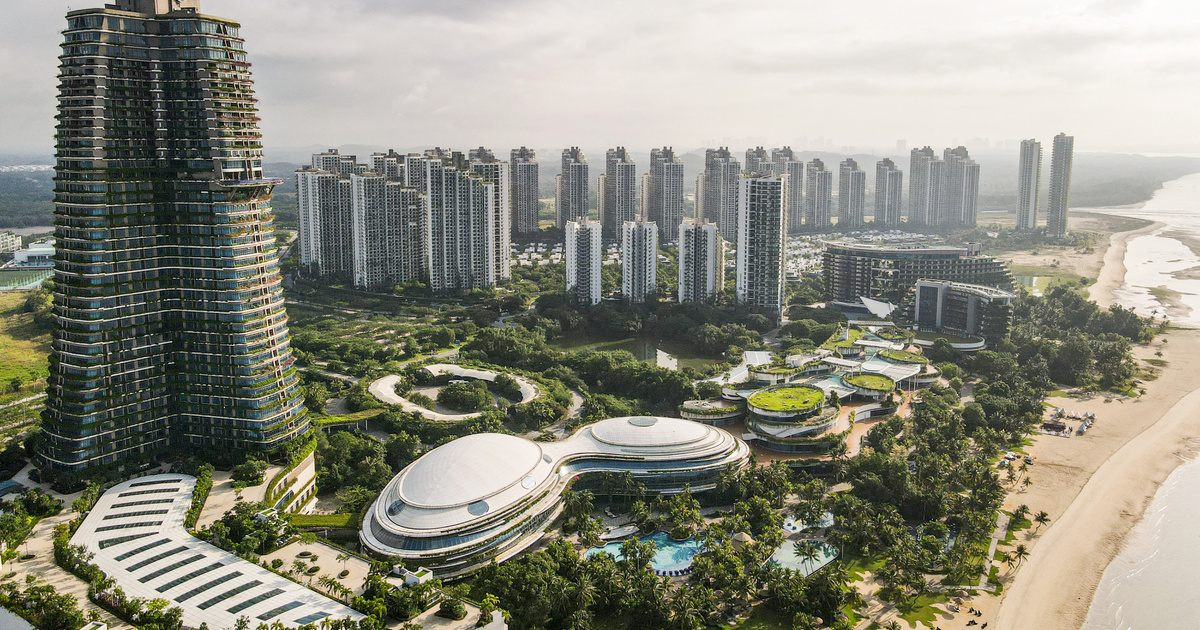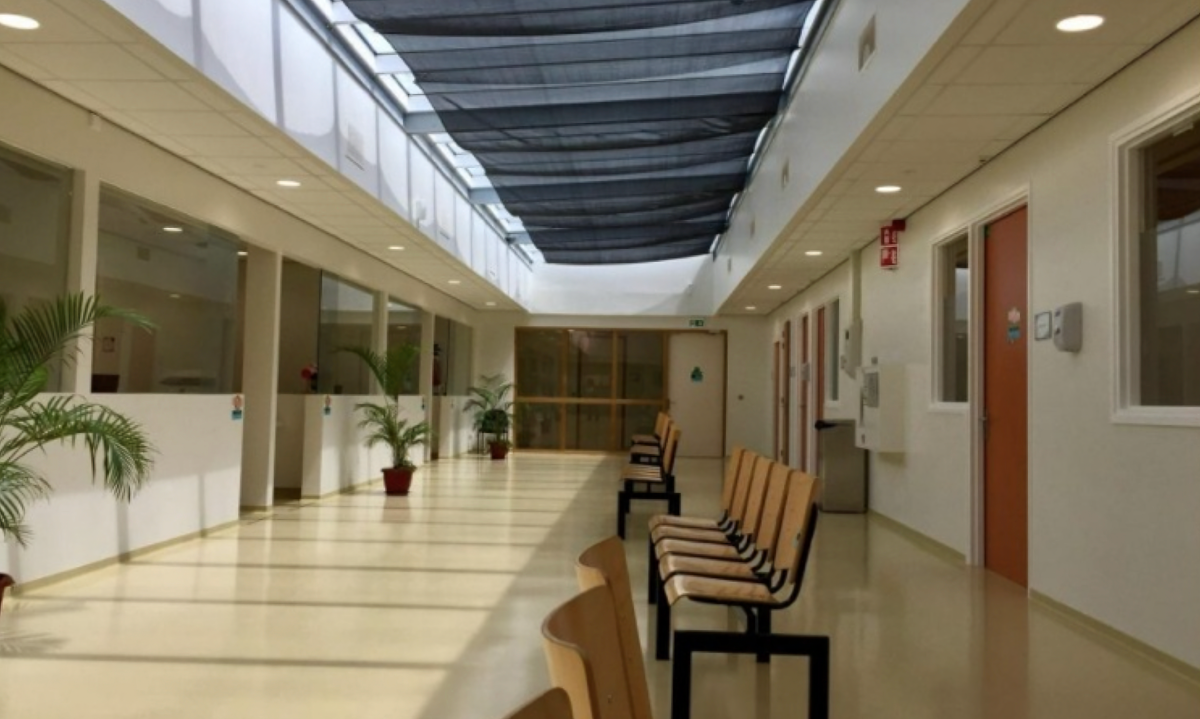| Warm handshakes between Minister Razafindravahy and Ambassador Abe Koji. |
Minister Edgard Razafindravahy and Japanese Ambassador Abe Koji met yesterday in Ambohidahy. The ODOF project was at the center of discussions between the two men.
Economic cooperation between Japan and the Big Island continues and expands towards new horizons. Abe Koji, Japanese ambassador, was received in audience in Ambohidahy yesterday by the Minister of Industrialization and Trade, Edgard Razafindravahy. Several topics were discussed during this interview, but the two men mainly discussed the One District, One Factory project. Minister Edgard Razafindravahy presented the progress made by the Big Island since the launch of the project. “Fifty-one districts currently have machines that allow products to be locally processed so that they meet the daily needs of the population,” says Edgard Razafindravahy. It is the grassroots producers who directly benefit from this initiative of the Ministry of Industrialization. This is also what is continually reminded to entrepreneurs chosen to manage an ODOF unit: “Be careful that farmers and producers are not harmed,” insists the Minister of Industrialization and Trade.
It also emerged from the discussions that the two countries share a common vision regarding grassroots development. According to Abe Koji, “Japan is ready to technically support the Ministry of Industrialization, through extensive support to farmers and grassroots producer cooperatives so that they can develop their sectors of activity respective”. This common vision does not stop there. The Japanese developed a concept similar to ODOF. This is One Village, One Product. These are small units that do not consume energy and are also managed by cooperatives.
Edgard Razafindravahy and Abe Koji will jointly visit the districts in which the industrial units of the ODOF project are located. Currently, twenty-one regions benefit from the project. Seventy-five machines were imported, including industrial units for manufacturing soap, vegetable oil, flour and many other foodstuffs necessary for local populations.
Itamara Randriamamonjy










